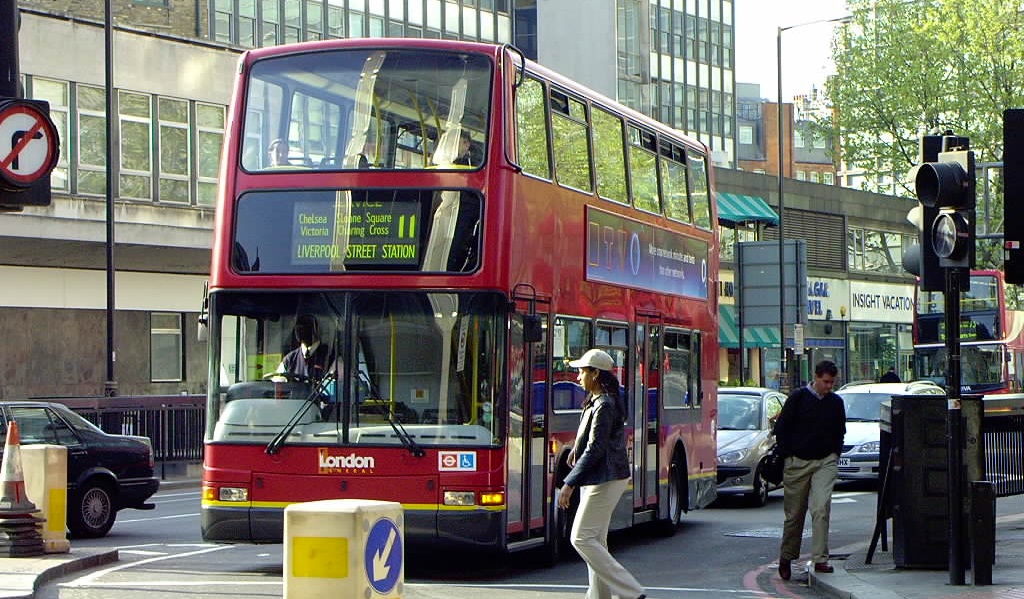The City of London has become by far the most radical local authority in Britain. It closed Bank, one of the busiest junctions in the City, to all traffic except buses and cyclists during working hours and is now embarked on a policy of trying to shift modal share radically away from cars.
Cycling though the City has tripled over the past decade andthe whole transport strategy is aimed at getting more people on their bikes and walking. The target is to cut car traffic by 25 per cent by 2036 and in order to make the whole environment in the City safer, the Corporation will be seeking to impose the UK’s first 15mph area speed limit.
I met Christopher Hayward, the City’s Chairman of Planning and Transportation a couple of weeks ago and came away impressed that he was prepared to be so radical. He explained that he was doing what the local people and, importantly, businesses which are so important in the Square Mile, want. A cycling fatality at Bank had prompted the daytime closure of that junction and was the stimulus for further measures in support of cycling and walking: ‘There are a lot of new types of business in the City and they are very much in favour of these policies’, he said. So rather than providing car parking in new office blocks, developers are now expected to provide large numbers of spaces for cycles. Another innovatory policy is to have differential charge rates for parking. Therefore a low emission vehicle will pay £4 per hour while in contrast the most polluting will pay £6 80.
‘This is an evidence based strategy’, he said. ‘We have looked at what is happening in places like New York, Paris and Stuttgart, and it is clear that people want to work in a better environment. We are competing with these other cities and therefore need to make the City more attractive.’ He recognises that it is not just big banks and multinational corporations which will ensure future prosperity, but also the kind of start-ups that have made Shoreditch into a mini-Silicon Valley. And those working in such enterprises are far more likely to want to cycle than drive to work.
If only more councillors were as astute. In fact, the City does have the advantage of not having swathes of residents ready to protest instantly at even the thought of being charged for parking but nevertheless, Mr Hayward and his colleagues have shown both foresight and courage in pushing this through.
